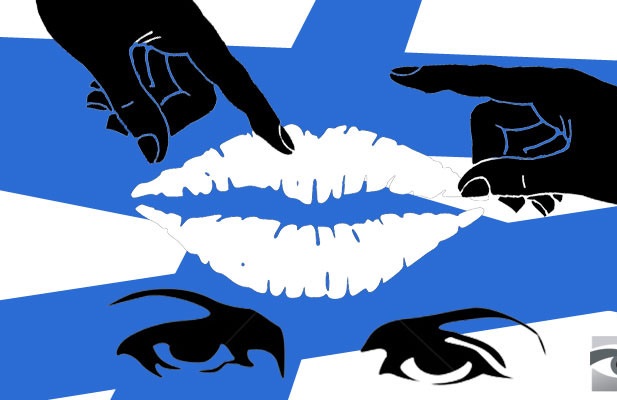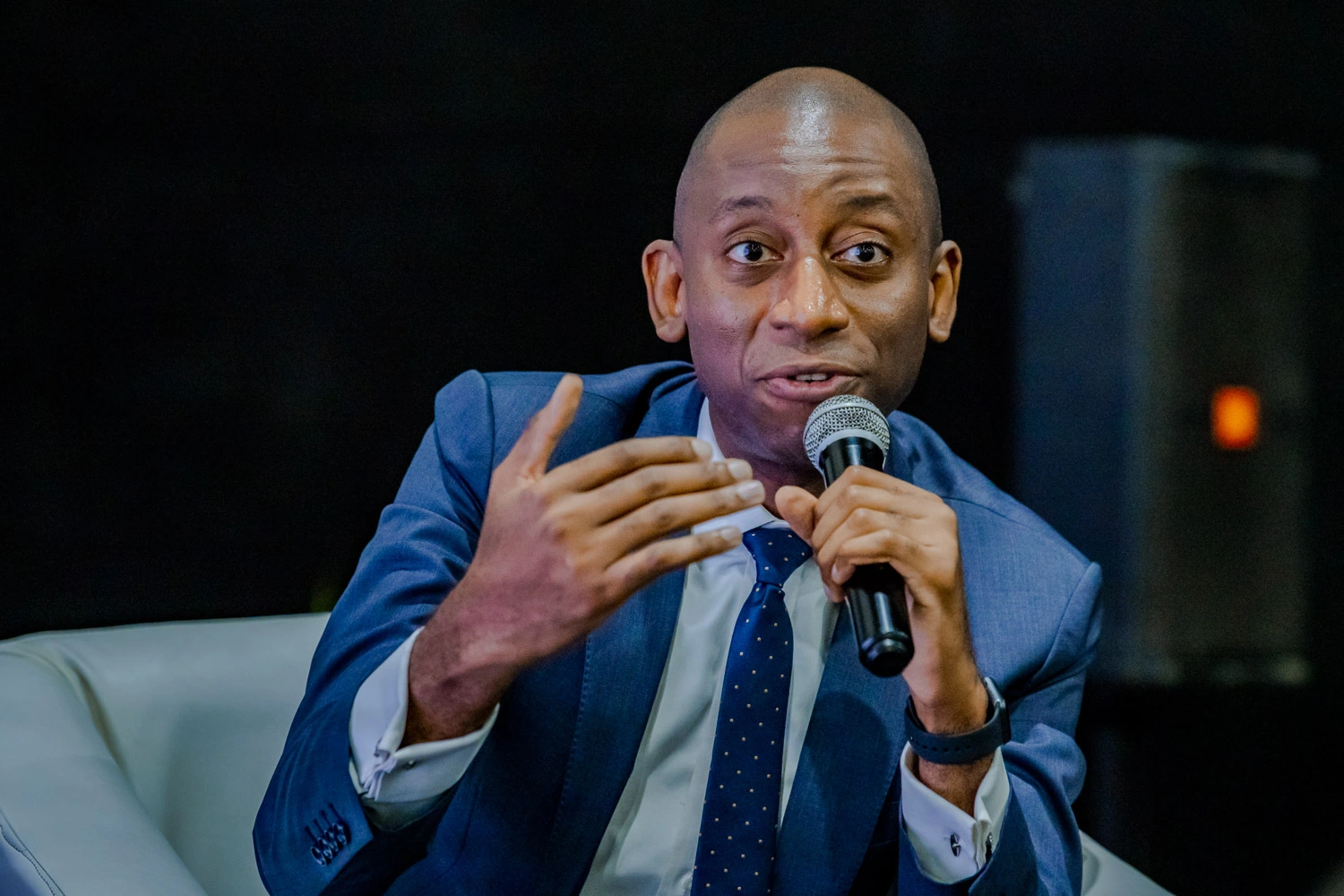Okay, that headline is a little heavy. So let me clarify (before Snowden marks me down as a person of interest).
It seems every week, hackers, identity thieves and cybercriminals find a new way to hound citizens, even in Africa. The sad part is the African government is still playing catch up.
The currency of the future is information, and if you don’t get it, someone else will. Already, we have agencies and government bodies outside Africa who monitor international communication channels, so one way or the other, someone is gathering data on us.
What’s confusing though is why this surveillance issue is not a topical discourse at the moment in Africa.
The primary purpose of surveillance is actually security. That little detail may have gotten buried in the middle of all the Wikileaks-Snowden drama et al but there it is. It’s not for political shenanigans i.e. spying on party rivals. Neither is it a pissing contest (hey look, I can shoot farther than you).
It’s a security thing. And the adverse effects of the gap is actually showing up. People are getting robbed at the ATM, kidnapped, lynched and all manner of illegal activity, which ironically would be curbed if citizens were aware they were being monitored. I’m not referring to the shady monitoring activities that Edward Snowden made popular (and which has now become synonymous with US security agencies). I mean the type that involves street cams, and ID scanning at different locations around the city. You know, simple security measures.
Lagos state did this at a time – rigged up solar powered cameras across town. The Nigerian police also tried this, even sent surveillance experts to China to train with ZTE university in 2011. But maintenance of the infrastructures was mishandled and most of those cameras are just up for show now. Obviously, it’s not being taken as seriously as it should.
I know the initial reaction to such suggestions is suspicion. But ironically, we already self-surveil. And in a celebratory way. Selfies, social media and new tracking apps, have turned our phones into the perfect bug. Right now, the idea of our personal data being monitored by a third party doesn’t strike us as horribly as it would, say 10 years ago. After all, we already do it on social media.
Call it desensitization.
If the authorities are going to be successful in cracking down on criminal behaviour and securing the lives and property of their citizens, then surveillance may just be the most effective method. And even though governments have been known to abuse having such power, not having it at all is much, much worse.
The explosive growth of new media complicated the hell out of the surveillance conversation. How much info should stay private? How much can be accessed without my permission? Let’s not even go into the ways this information is being used. But that’s beside the point.
The conversation should be in thick of it at the moment, but right now, a whimper is all there is.
Photo Credit: HonestReporting.com via Compfight cc

















